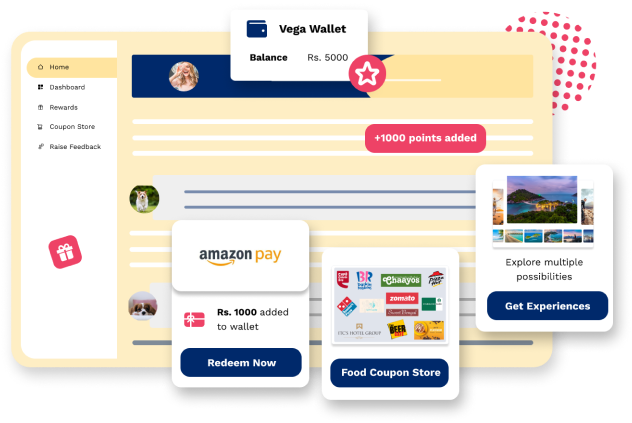Remote Working and Digital Preparedness- The Future
 Written by Ali Kidwai 06 October 2022 | 4 min read
Written by Ali Kidwai 06 October 2022 | 4 min read- Editor's Note :
Remote working and digital preparedness are two critical components of any organization's success in the modern age.

The onset of the COVID-19 pandemic has radically altered numerous aspects of people’s livelihoods, out of which some are probably here to stay for a long time to come. The demand for social distancing has compelled multiple businesses to explore working from home that has authorized them to protect their customers, employees, and communities of people that are dependent on them. The COVID-19 pandemic has thus in effect given a new address to the workplace; home. It begs of us to question if remote working is the new normal.
The COVID-19 pandemic has been with us for almost a year and it requires businesses to examine the continuity of remote working in the near future. While organizations are still out on the prospects of adopting remote working practices as a new normal, some leading platforms such as - leading IT organizations and business research companies have started to share their insights. For instance, a recent article published by Forbes shared that a California based company had witnessed a 47% increase in productivity due to its employees working from home during the ongoing pandemic. Similarly, a leading Indian business publication also presented anecdotal evidence that the Indian IT industry has switched to a remote working environment, with its employees either working from homes in metropolitan cities or small towns. It will be interesting to discover the performance of leading Indian IT companies such as TCS that've migrated to a new model of remote working with 75% of their employees around the world working from home and only 25% of them working from office locations. There are numerous changes which we will observe in this new normal. Here we go.
It has allowed employees to discover ways to work with sheer flexibility and find better work-life integration, which was not feasible in the old model. In fact, it makes sense to assume that numerous employees would like to continue WFH. Such speculations have also been testified by intellectuals like Adam Grant, professor of organizational psychology at the University of Pennsylvania projecting that employees are likely to be more thrilled at the joy of missing out on having to dress up for the workplace and having to commute for work.
The new normal of remote working should preferably give way to more diverse and inclusive workplaces by virtue of zeroing down the gap for numerous individuals who may have not been able to join the workforce due to personal or locational constraints. Similarly, it would also help young mothers to access good opportunities to work and thus help businesses to improve the participation and contribution of women in the workforce and the economy. It should also make way for more fluidic team and organizational dynamics with reducing interpersonal conflicts, as people look ahead to welcome the new model of working.
Another exciting perk of introducing the concept of digital preparedness and remote working to your company employees is that it would enhance their learning opportunities. Not everyone knows how to work remotely in the present world. If your company employees learn new skills in handling your business or company using modern technology and digital preparedness, it would also enhance their work field experience. Such betterment in your company employees can quickly help you face challenges from competitor companies at ease.
The post COVID-19 world will be more objective and outcome-oriented in their approach when it comes to performance management. There will be a greater need for coaching and mentorship as leaders shall look to create more distributed teams with greater on-ground empowerment at the point where the organization meets the customer.
The current pandemic had allowed small and large organizations to run a pilot project and conduct trial runs of their IT systems, digital infrastructure, communication, data collaborations and security platforms and realized numerous benefits of transitioning to WFH, which should eventually help them to scale up and adopt the model in the long run.
There is already enough empirical evidence to suggest that the magnitude and form of the digital divide are emerging as key differentiating factors among economies and businesses in determining their ability to stay afloat amidst the global disruptions. We may observe the rise of a new paradigm of competitive advantage based on the digital preparedness of organizations and its sequential effect on their ability to stay relevant and operational amidst disruptions. Organizations should look ahead to adapt to more digitized workflows and look to migrate the location of their workplace from brick and mortar infrastructure to a cloud-hosted address.
Vega-HR is a powerful tool in the talent war, offering employee rewards, recognition, and pulse recognition. With an engaging platform, it fosters a world-class work culture, providing P2P recognition, social feedback, on-spot recognition, and monetizable incentive solutions with 3000+ coupons in various categories.
